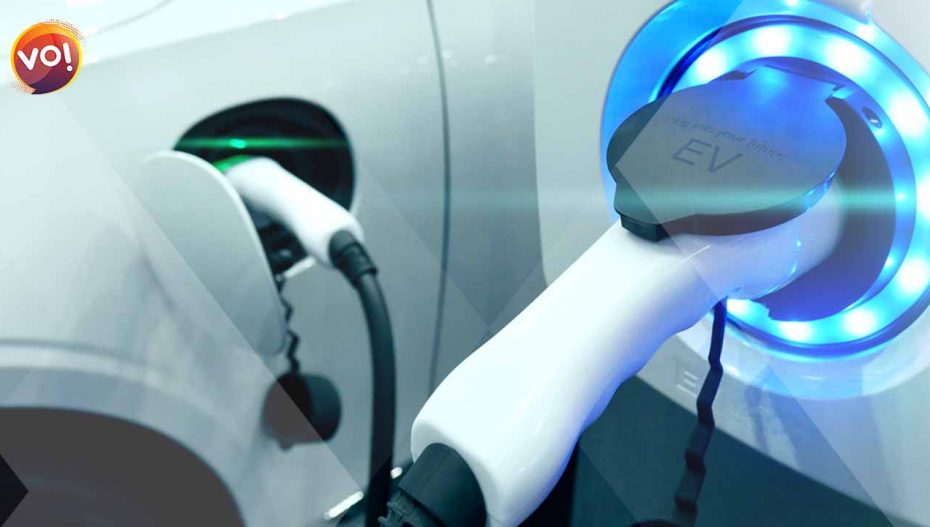According to a source, familiar with the matter and a document reviewed by an international news agency, India plans to announce the final details of a national policy governing the battery-swapping of electric two- and three-wheelers later this month.
The government’s intention to standardize the size of batteries to make them compatible with all vehicles using swap stations is a key component of the scheme, which was initially proposed in the federal budget in February, according to the 40-page report. The document states that while India won’t immediately standardize batteries for swap stations since doing so would need “close coordination” among operators of swapping points, that will be the long-term goal.
Replacing used batteries with new ones in seconds has the potential to accelerate India’s push toward electrifying the world’s largest two-wheeler market, where a lack of charging stations is a major barrier to EV adoption. Switching to cleaner transportation is critical for India to meet its goal of reducing 1 billion tonnes of carbon dioxide emissions by the end of this decade and becoming carbon-neutral by 2070.
Representatives from the Ministry of Road Transport and Highways, which is in charge of enforcing the policy, did not respond immediately to a request for comment.
Electric scooters and rickshaws that make up e-commerce delivery fleets in India are the primary users of battery swapping. According to consultancy Arthur D. Little, by 2030, about 30% of all vehicles sold in India will be electric, but they will mostly be two- and three-wheelers; electric passenger cars will account for only about 5% of total EV sales.
The government has increased subsidies for electric two-wheeler purchases and launched bulk procurement tenders for electric three-wheelers and buses in an effort to increase EV adoption. It has also offered 259 billion rupees ($3.3 billion) in production incentives to encourage domestic EV manufacturing.
Read Also: About 39% of Millennials Own Crypto, Reveals Research












